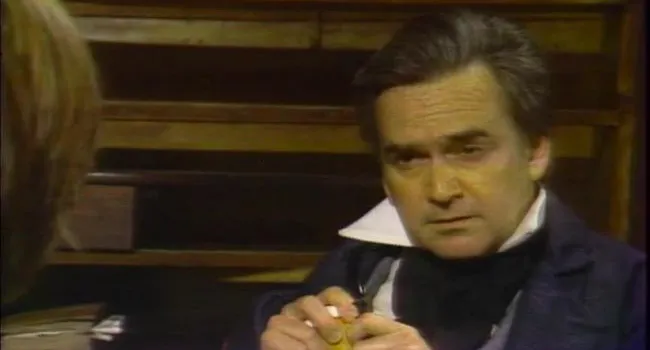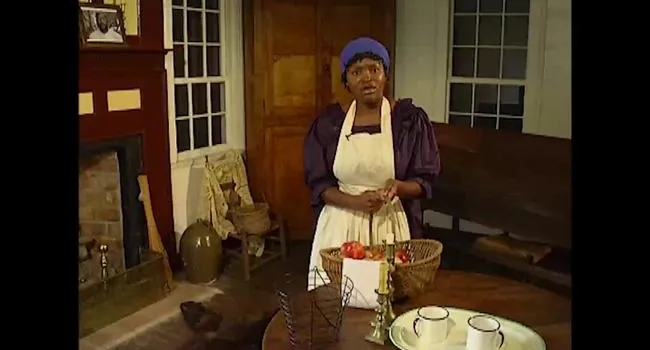Hosts Ellen Rodillo-Fowler and Nathan Dawson guide viewers through this edition of Palmetto Heritage, which spotlights three significant South Carolina figures: Thomas Sumter (The Fighting Gamecock), Francis Marion (The Swamp Fox), and Andrew Pickens (The Wizard Owl) – all venerated heroes of the American Revolutionary War. By 1780, chances of a patriot victory seemed slim. After Charleston fell in May of that year, the British felt that sweeping South Carolina’s upcountry, mostly populated by farmers, would be easy. However, the efforts of Sumter, Marion, and Pickens, stalled the British advance, and turned the tide of the war in favor of victory.
Andrew Pickens was already an established South Carolina figure before the Revolutionary War. Pickens earned the nick-name “The Wizard Owl,” for his smarts and negotiation skills during the Anglo-Cherokee War. Pickens originally promised not to fight the British, as per the agreement of his pardon, however after British troops harassed his family and burned his home, Pickens reneged, and took up arms against the British, even recruiting many militiamen to his side. Pickens played a crucial role during the Battle of Cowpens – a decisive Patriot victory, seen as the turning point of the Revolutionary War in the South.
Standards
- This indicator was developed to encourage inquiry into the process which led to the formation of the U.S. government, including the convening of the Continental Congresses, the passage of the Articles of Confederation, and the adoption of the U.S. Constitution.
- 8.2.CO Compare the motives and demographics of loyalists and patriots within South Carolina and the colonies.
- Political and economic developments underscored how the colonists in British North America had become uniquely American, prompting the development of a new nation. Drawing on their experience under British rule, the founding generation created a government with shared powers between the state and federal institutions.














